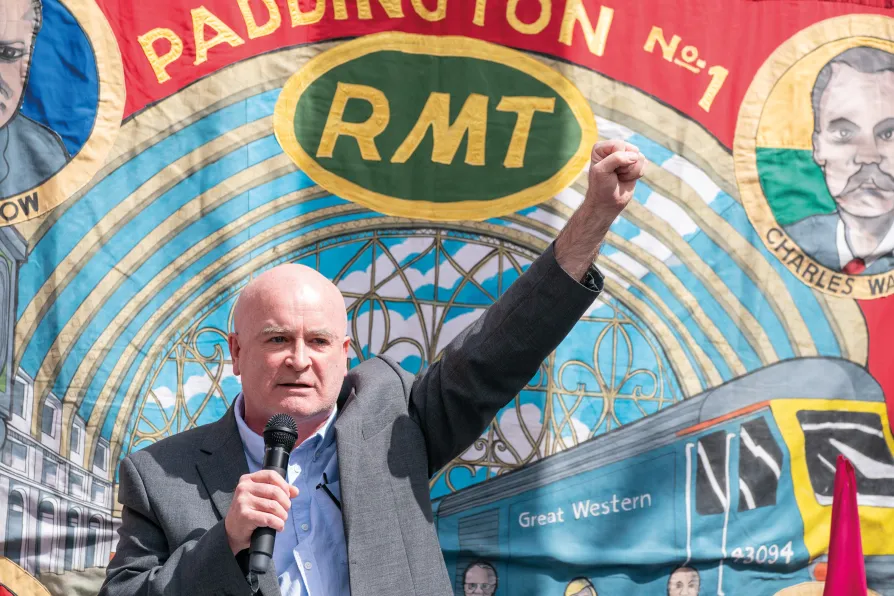The real question for Your Party, as it holds its CEC elections, will be whether shaped from above or built from below by empowered branches and a bold, uncompromising socialist programme. Mel Mullings, Riccardo la Torre and Chloe Braddock of the Grassroots Left slate set out their case

 ROCK SOLID: Mick Lynch gives a speech to workers at a rally at King's Cross station, London
ROCK SOLID: Mick Lynch gives a speech to workers at a rally at King's Cross station, London
IT SEEMS an age ago that the Tories claimed to be the voice of the working class.
Since the fall of the so-called “red wall” when workers lent them their vote to get Brexit done as many saw it, this rotten Tory government has relentlessly attacked workers by slashing services and driving down wages at the height of a cost-of-living crisis.
In the transport sector the government’s so-called levelling-up agenda has involved bulldozing through a wave of cuts not seen for a generation.

But unions warn renationalisation must not be fudged

Our groundbreaking report reveals how private rail companies are bleeding millions from public coffers through exploitative leasing practices — but we have the solutions, writes Aslef Scottish organiser KEVIN LINDSAY











